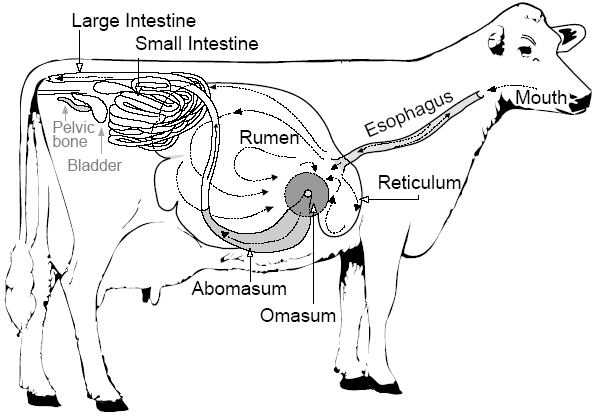
So, it's the week before Block I finals, but I wasn't about to miss this talk!!!
Temple Grandin is a professor at Colorado State University who has done absolutely remarkable research in animal welfare. She has Asperger's syndrome, a form of autism, and uses insights from this disorder to view the world through an animal's eyes. The human autistic brain and the domestic mammal brain apparently have quite a few similarities- for example, Dr. Grandin describes her attention to detail over generalities (the opposite of "normal" human perception, which tends to gloss over details), and notes that animals view the world the same way. She uses these insights to improve animal welfare, by designing more humane slaughterhouses and shelters, promoting education of animal workers, and much more. She's also developed a theory about integrated animal health- how veterinarians need to take animal behavior, physical health, and the owner/handler of the animal into account to really get a complete picture of the animal's well-being. Hey, I think more *human* doctors ought to pay attention to that model in treatment, not just veterinarians... with other people replacing "owners" of course! :)
I had heard of Dr. Grandin before- she's quite well known in many animal-related fields- but I was even more impressed meeting her in person than I was hearing about her reputation. She's a fascinating speaker to listen to- she clearly has an excellent grasp of the animal mind, not just due to her Asperger's but through decades of research into animal behavior. And Dr. Grandin herself is an interesting story, having been born with a disability that cripples some people socially, but one that she has embraced and transformed into a unique body of research that has benefited thousands of animals. She's an inspiration and I was THRILLED to see her in person!!!
Now, if only I can pass the Block I/VIIa finals and put some of those wonderful ideas into practice as a veterinarian ;) To explain why I won't be writing until after next week, I must first complete:
- An 8 hour written exam
- A 30-minute oral exam
- A laboratory exam
- Another, shorter written exam
- A practical exam
... over the course of four days. Should I survive, I will be back in contact with the outside world again by next Friday. In the meantime, if you don't hear from me, I haven't died (probably) but I'm just existing in an alternate dimension called Vet School Hell, and will be back eventually. Alert me if the world ends, or if McCain wins the presidency, which is about the same thing (sooner or later). So long, wish me luck!








